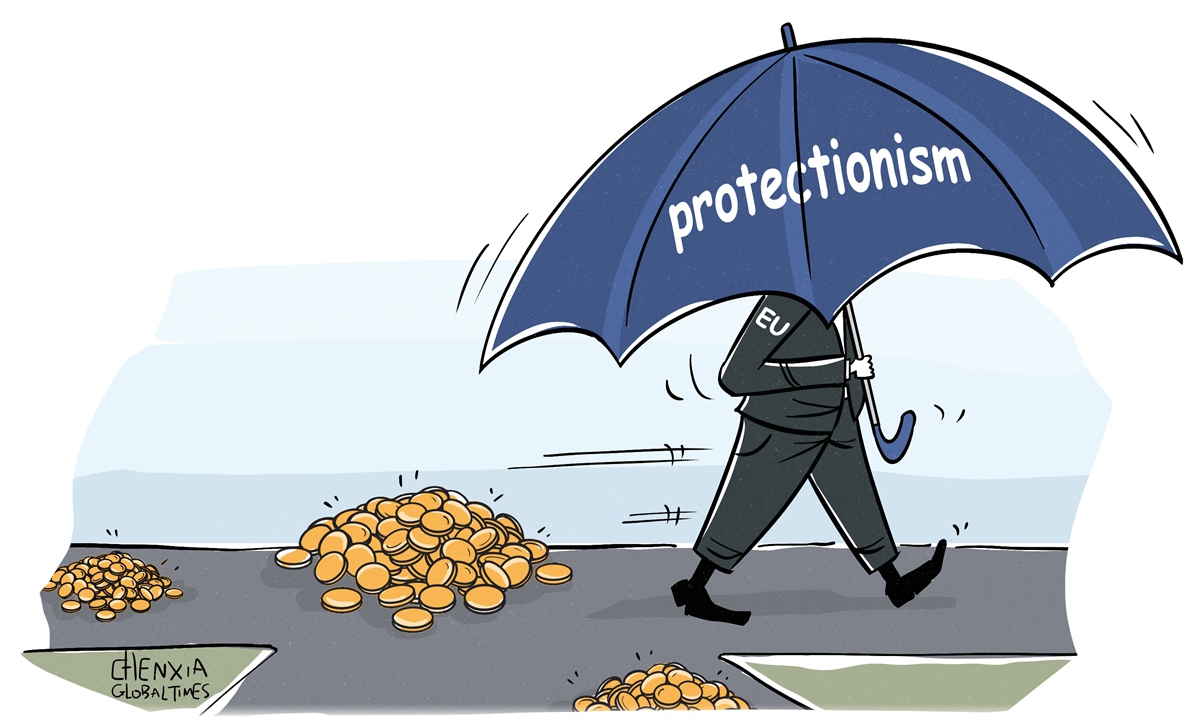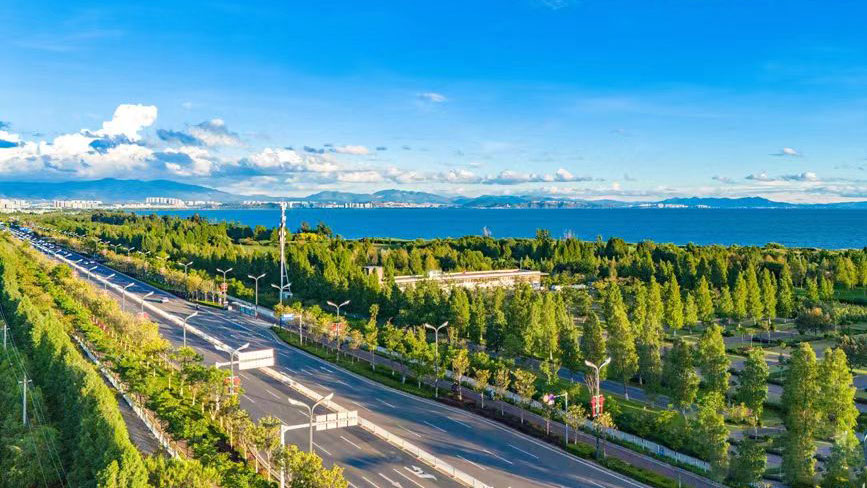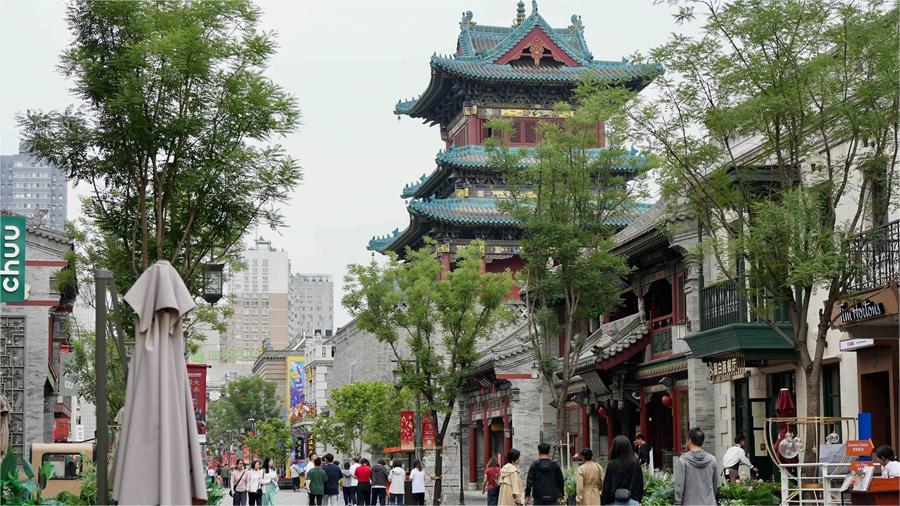Crucial for China, EU to find balance amid tariff tensions

Illustration: Chen Xia/GT
Amid the trade tensions sparked by the EU's decision to impose tariffs on Chinese electric vehicles (EVs), German Vice Chancellor and Economy Minister Robert Habeck is set to make his first visit to China this week, according to the German government, with German media outlets anticipating "intense negotiations" during the trip.
Since Habeck has personally spoken out against punitive tariffs as "the worst way forward," his visit has undoubtedly garnered great attention amid trade tensions between China and the EU. This is not just because the visit will be closely watched for clues as to the fallout of the EU tariffs, but also because it shows the open attitude of China and some politicians in the EU in seeking dialogue and cooperation amid trade friction.
It is undeniable that the rise of global trade protectionism in recent years has posed challenges to economic and trade relations between China and the EU. Last week, the European Commission's preliminary ruling on its anti-subsidy investigation into EVs imported from China escalated trade friction between the two sides.
While some European politicians may sincerely believe resorting to protectionist measures such as raising tariffs on Chinese products would protect their own industries, this approach is unlikely to serve any good purpose, help to improve EU manufacturing competitiveness or accelerate the bloc's green transition.
Instead, it is likely to exacerbate bilateral trade tensions, harming the economic interests of businesses of both sides.
The EU is a key trading partner for China, and the close ties between China's industrial chain for EVs and European manufacturers, particularly those in Germany, mean that tariffs could have negative repercussions for both Chinese exporters and EU businesses and consumers.
Furthermore, market concerns over potential retaliatory measures in response to trade tensions could create a harmful cycle of dampened market confidence, detrimental to future economic and investment exchanges between the two sides.
Given this context, it is crucial for China-EU economic and trade relations to find a balance through dialogue and cooperation in order to effectively address the concerns of both sides and promote free trade. This is also why Habeck's reported visit to China is expected to carry particular weight in China-EU economic relations.
Since Germany is Europe's largest economy, its choices and attitudes are not just about obtaining more access to the Chinese market for German companies. It's also about sending a message that China and some politicians in the EU still have the willingness to sit down and discuss problems, even amid friction and disagreement, so as to solve conflicts through dialogue and negotiation.
Such an open and pragmatic attitude is crucial for the maintenance and growth of China-EU economic and trade relations, demonstrating that, despite their differences, both sides share a common goal of enhancing communication and understanding to find a way out.
The development of China-EU economic and trade relations cannot be reversed and nor should they even risk a trade war because of temporary friction. A trade war will harm the economic interests of both sides and have a negative impact on the global economy.
It is imperative for both sides to collaborate in resolving the issue and charting a path toward mutual development. This necessitates not only political wisdom but also long-term foresight.
It is hoped that Habeck's visit could lead to more productive discussions on economic and trade issues, particularly in the realm of EVs, and infuse fresh energy into the ongoing development of China-EU economic and trade relations. Also, we hope for enhanced collaboration across various sectors to tackle global challenges like climate change and sustainable development.
It is only through such efforts that China-EU economic and trade relations can progress amid challenges, fostering mutual benefit and cooperation for the stability and growth of the global economy.
Photos
Related Stories
- China-EU think tank forum highlights new quality productive forces
- EU expected to work with China in same direction on human rights cause: FM spokesperson
- China, EU hold environment, climate dialogue
- China launches anti-dumping probe into EU pork, pig by-products
- Cooperation, not tariffs, beneficial for EU, China: experts say
- Chinese vice premier to hold China-EU climate dialogue, visit Luxembourg
- EU's anti-subsidy probe into Chinese EVs act of protectionism: foreign ministry
Copyright © 2024 People's Daily Online. All Rights Reserved.









